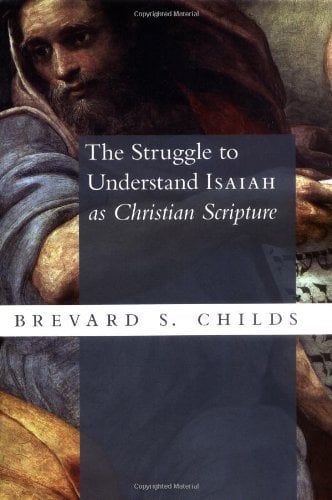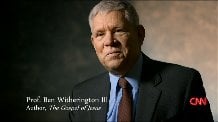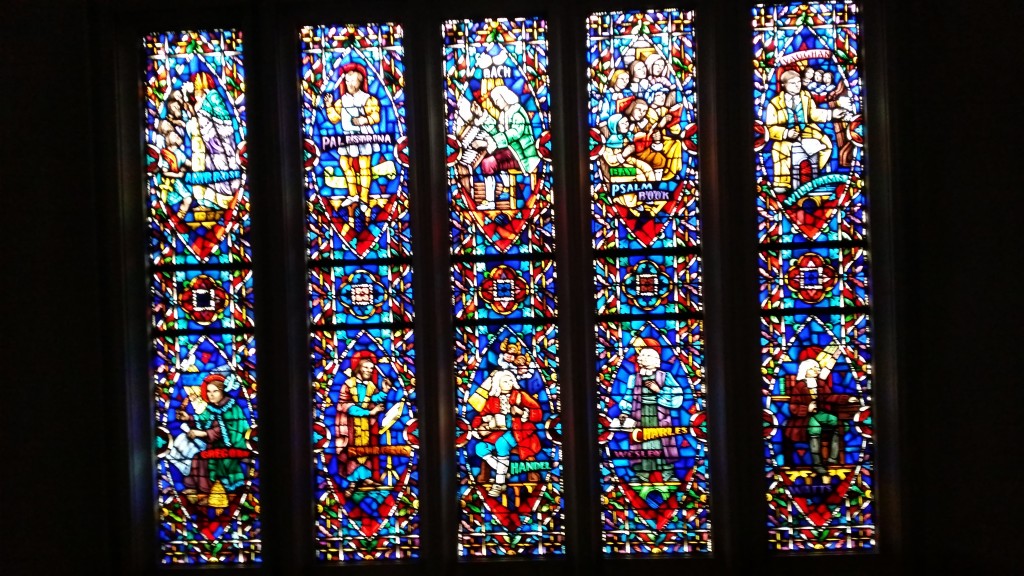One’s students often depart from the views of their professors, and this is true of C. Vitringa (1659-1722) the student of Cocceius. He sought to join together the secular and sacred history of Scripture, charting a course between Grotius and Cocceius. He wrote a large two volume Latin commentary on Isaiah between 1714 and 1720. He expresses his preference for seeing the near historical horizon as the point in which the Biblical prophecy of Isaiah was fulfilled. He therefore looks... Read more











